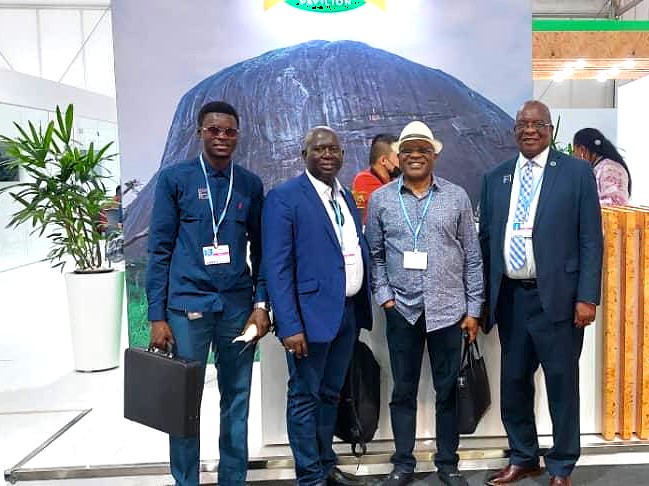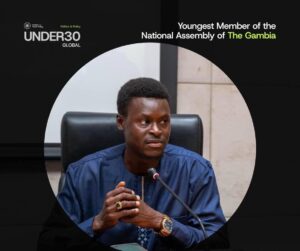
HON. ABDOULIE NJAI ( Country focal point -Parliamentarians for a Fossil-Free Future)
OP ED
As I keep an eye on the global climate change debate, I am wondering if it will be another jumble of bold promises and political bickering, meaningless pledges and rising emissions. This is largely in response to the UK’s new commitment to reduce emissions by 81% by 2035, as referenced in a new NDC. However, groups are calling for concrete policies to accomplish this. G77 and China call for a strong climate finance agreement with a $1.3 trillion baseline to support developing countries.
Divides are also evident in aid negotiations aimed at funding the fight against climate change, with demands for greater commitments from high polluters such as the United States and the EU. Since 2016, China has recognized $24.5 billion in climate finance, while Canada has launched a climate platform worth CAD$1.48 billion. Skepticism has grown over time as a result of Azerbaijan’s defense of fossil fuels and controversial statements made by the COP29 executive.
Brazil promised to reduce its emissions by 59-67% by 2035. If we are to meet the 1.5°C goal, we will undoubtedly need the upper end. One of the most significant political barriers to actual low-carbon development in many parts of the world remains those economies that rely heavily on fossil fuels to generate a lot of money—a fact that ambitious climate action cannot ignore. CO2 emissions worldwide are expected to rise by 0.8% in 2024, necessitating immediate action — Climate Action, specifically! As one of my favorite female leaders, Mia Amor Mottley of Barbados, would say, “There is no difference between people and the planet.”
In the midst of all of these discussions, I believe that ethical governance and sustainable development models should take center stage in the discussion of climate justice. With stronger policies and international collaboration, as I stated during my speech at the UN-LDC5 conference in Qatar. In Gambia, for example, we have domesticated almost all environmental and international climatic frameworks, with hands-on pragmatic climate actors at all levels.
So it is only fair that negotiations revolve around the Nationally Determined Contribution (NDC). This may appear complex, but it could point the way forward, as could global negotiations to phase out fossil fuels.
We must all advocate for an equitable international climate regime that includes new investments in renewable energy, resilience, and sustainability. We need wealthy nations to meet their financial obligations and set a fair climate finance target. It is critical that we transition away from fossil fuels as quickly as possible and with strict deadlines.
I watched the interview with The Gambia’s Honorable Minister of Environment, Rohey John Manjang, and I applaud her strong, energetic advocacy and spot-on message urging for a just and sustainable final resolution, as key indicators for reaching a unilateral consensus remain elusive. Strong voices are required to ensure that developing nations’ voices are heard at COP29. Thanks also to the entire Gambian delegation for their dedication.
We are keeping a close eye on the negotiations in hopes of reaching a favorable and equitable conclusion.
OP-ED: COP29
Hon. Abdoulie Njai
Member of the Parliament
Country focal point -Parliamentarians for a Fossil-Free Future
Founder, Ecolum

